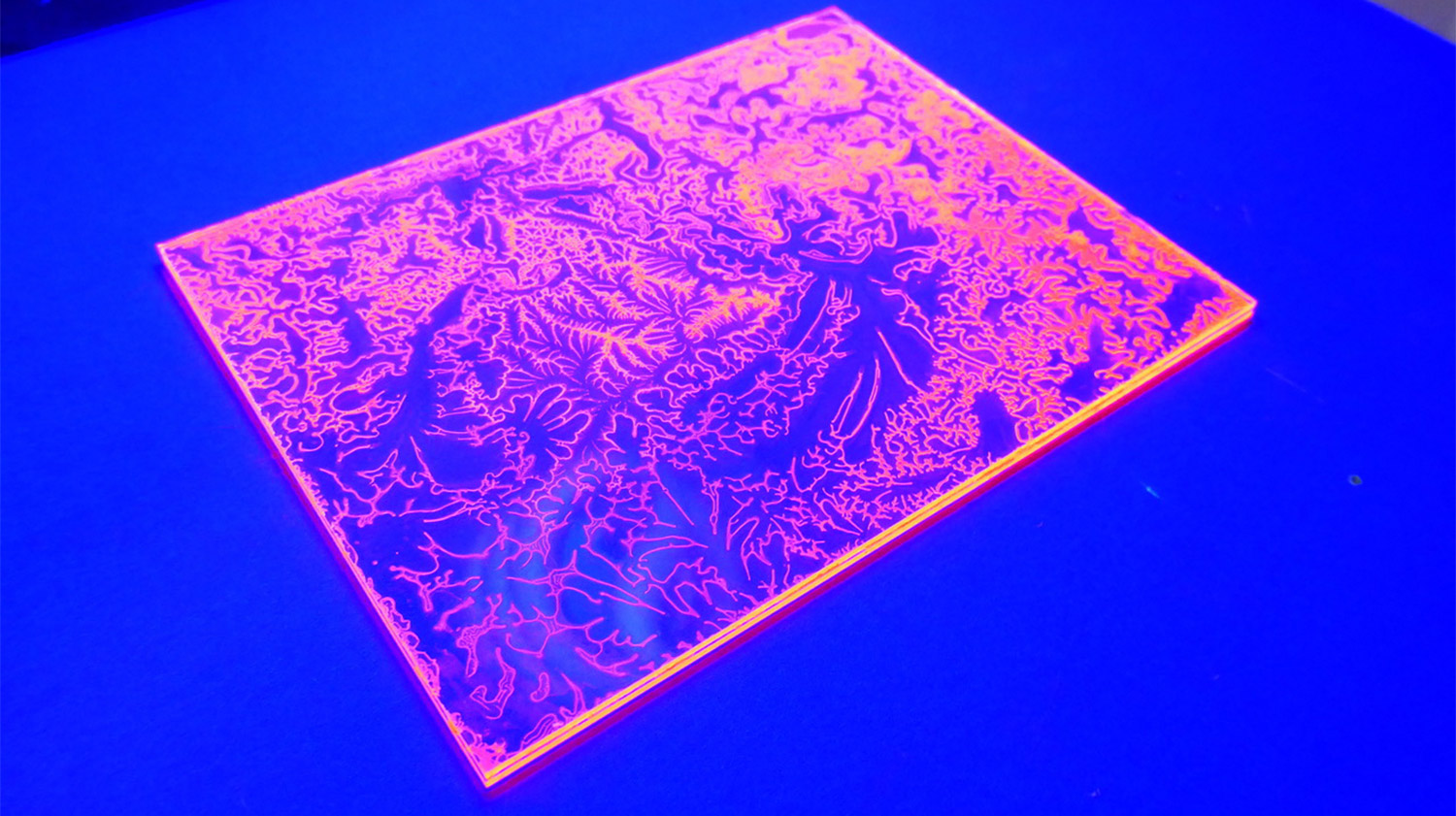

Thanks in no small part to the initiative of PhD student William Pappas, along with strong support from his supervisor Professor Dane McCamey, Exciton Science has been able to partner with the University of Cologne (UoC) to pioneer new research into the spin states of cutting-edge organic light-emitting diodes (OLEDs).
OLEDs are commonly used as part of the visual display in smartphone and television screens, but also have important applications in the specialised area of magnetic field sensing, a process known as OLED Magnetometry.
In recent years, Thermally Activated Delayed Fluorescence (TADF) OLEDs have emerged as the leading class of materials in this area, with the potential to deliver significant savings through lower energy use and greater efficiency.
William, a student of Dane’s in the ESR Labat UNSW Sydney, spent six months of 2019 at UoC, where he benefited from the knowledge of Professor Klaus Meerholz’s group to improve his device fabrication skills.
William returned to Australia ready to perform a series of spin measurements on the devices produced in Germany, which demonstrated significant promise in terms of potential efficiency.
For the next phase of the research, William will utilise electron spin resonance (ESR) techniques to investigate the underlying optoelectronic properties of TADF OLEDs.
“It was really a process of discovery, most of my time there,” William said of his work in Cologne. “We started off looking at cross-linkable polymers but ended up finding promising results with these TADF devices.”
“We’ve now got a concrete plan in place. The next step is to get a good understanding for why the magnetic field effects in these devices are so prominent. What are the underlying processes at play, and what makes them so special compared to ordinary OLEDs?”
And William is very clear about the potential long-term value of improving of our understanding of TADF OLEDs.
“Their primary purpose is to have the highest efficiency possible, basically how to get the most amount of light out with minimum charge input,” he said.
“So that we’re using less energy, which I guess right now given everybody’s targets for [mitigating] climate change, and implementing renewable technologies, having high-efficiency devices means we’re using less energy to get the same, if not more, amount of light out.
“That’s quite important in lighting and cutting power consumption. But also if you can implement them into phone screens and television screens, you’d be using less battery. At the end of the day it’s all about power consumption and higher efficiencies.”
When it comes to OLED magnetometry, William hopes his work can lead to major strides in improving sensing capabilities within this specialised area.
“I think what’s important about this is that these devices can be much more cheaply and readily available than other more complicated forms of sensing,” he said.
“We already have an established industry in place to produce these devices, and if they’re cheap and upscalable, then you have a very good technology for magnetic field sensing that doesn’t require any complicated fabrication.
“The potential for this is great because the industry is already quite strong. We’re just introducing new device functionality into an existing large-scale technology, meaning the impact would be great.”
There has also been a personal benefit to William, with the process of successfully applying for a scholarship within the German Academic Exchange Service set to stand him in good stead later in his career.
“It was a really enriching experience for me as I was able to learn how to write proposals and obtain funding for a project,” he said.
“Going to a different research environment was very important as I was able to see the differences in the way people worked. I’ve become much more independent as a result of the research exchange to Cologne. Typically as a student you’re given a task or a project to work on, but this time I was able to come up with and execute the idea myself. The whole process has helped to establish myself as a researcher while also bringing in new collaborations for the Centre.”
